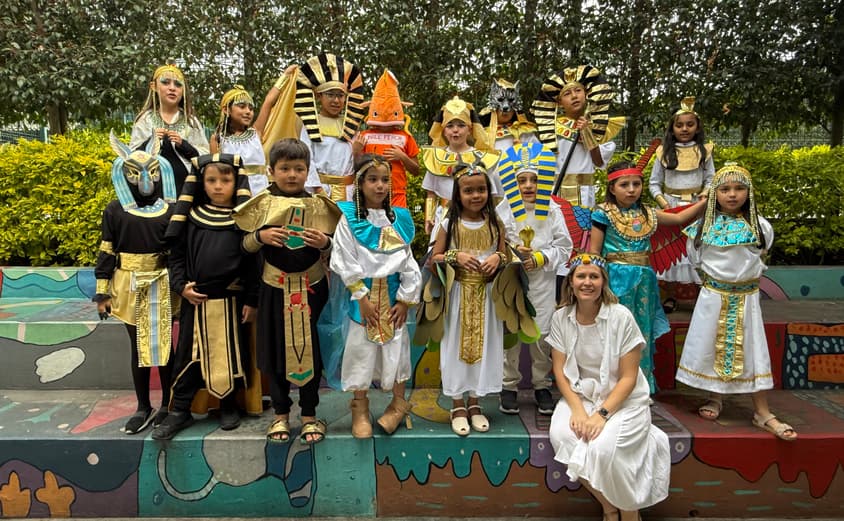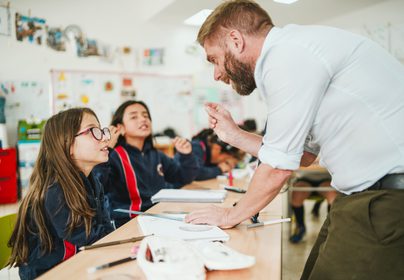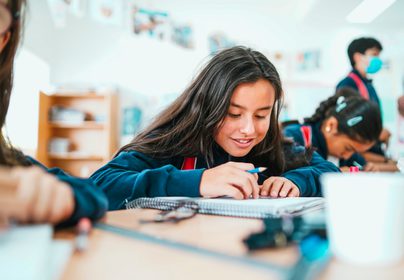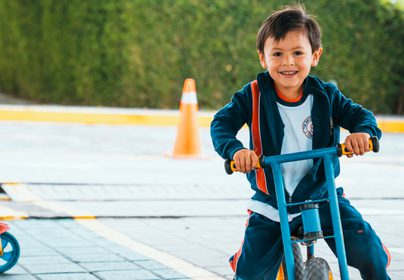At BSQ we offer a broad, balanced and holistic curriculum in our Primary school
It encourages children to develop their understanding of the world and their place in it. We use a spiral curriculum to allow children to revisit knowledge and skills throughout their time in Primary and build upon their understanding in different contexts and learning.
Teachers provide stimulating activities that allow children to build their confidence, improve their questioning and encourage independence. Daily focus is given to English, Reading and Mathematics with Geography, History and Art being taught through a themed topic approach that allows for cross curricular links to be made. Spanish, Music, Drama, Swimming, Sports, PSHE and Computing are also covered with the curriculum.
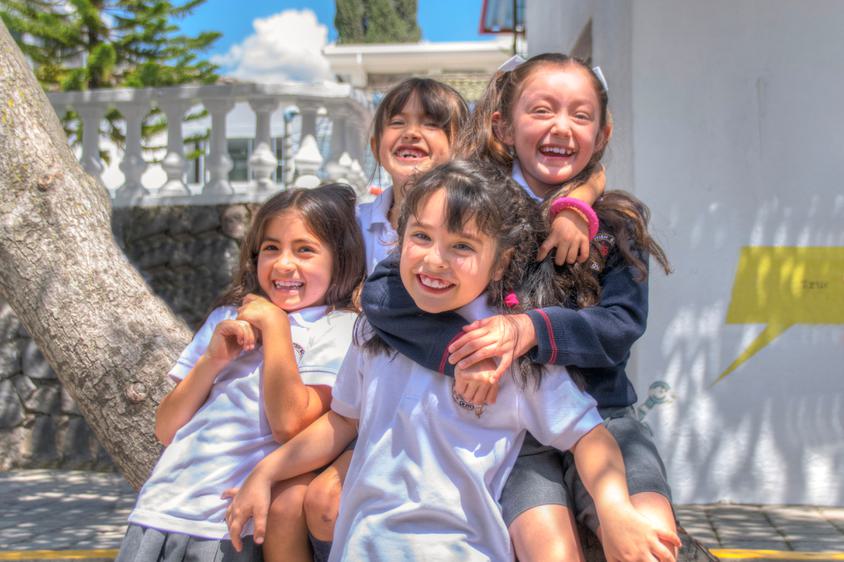
Primary Curriculum
We are constantly seeking to strengthen our partnership with parents and one of the ways we do this is through reporting, involving parents in their children’s learning.
We hold formal Parent-Teacher Conferences in all year groups to review progress on an individual basis. Students and parents take a proactive role in these meetings. Progress Reports are sent home regularly and full reports are written for all students twice a year. The reports are designed to demonstrate students’ progress, effort and attainment, reporting UK grades as well as students’ Ecuadorian equivalent grades.
Although there are structured opportunities for parents to meet with teachers, we have an open door policy in that teachers are always available to meet with parents at a mutually convenient time throughout the year and discuss any concerns they may have.
Key Stage 1 (KS1) is taught with a special emphasis on developing the core subjects of literacy and numeracy, ensuring that the building blocks of children's learning in these core areas are fully developed and understood.
Combined with activities to develop these core curriculum areas, specialist teachers introduce the students to sports, swimming, Spanish, music and Sociales.
At British School Quito phonics is taught through the Read Write Inc. Phonics programme. Read Write Inc. Phonics provides the children with the opportunity to read a range of exciting fiction and non-fiction books with words they can decode, so they enjoy early success in reading. In Year Two, we start to move from basic reading skills to reading for meaning and enjoyment. This programme enables children to develop their comprehension, writing, critical thinking, discussion skills and also gain a firm knowledge and understanding of grammar.
Extra support is also given to non-native students through our English as an Additional Language (EAL) programme, to ensure they can have full access to the curriculum being taught as quickly as possible.
In Key Stage 2 we build on the strong foundations laid in Key Stage 1, preparing the students for the next stage of their education, increasing their independent learning and deepen their skills. The subject content and approach to teaching guarantees continuity of learning and a smooth transition from Key Stage 1.
Throughout Key Stage 2, students continue to be given experience in, and the opportunity to learn and make progress in, linguistic, mathematical, scientific, human, social, physical, aesthetic and creative education. Subjects are brought to life through project work, assembly presentations and exhibitions focusing on science, mathematics and other areas of the curriculum. Allowing space for our students to explore key questions such as Why do people move? What are human rights? and How is this artist influenced? whilst embedding our school values and a global perspective.
Besides the core subjects (English, mathematics, science and information technology) children also study the subjects below:
- History
- Geography
- Art
- Drama
- Music
- Spanish
- Physical education, including swimming
- PSHE (Personal, social and health education)
Your child will be assessed using standardised material published in the UK, which measures a student’s attainment in English, mathematics and science against UK expectations for their age. As well as, in class assessment to provide opportunities for your child to share their knowledge. At every step of your child’s development we monitor their areas of learning to identify any points where they may need additional support to ensure they are always challenged and progressing. Students with particular strengths are also identified and provided with additional opportunities to enable them to flourish these areas.
Extra support is also given to students through our English as an Additional Language (EAL) programme, to ensure they can have full access to the curriculum.
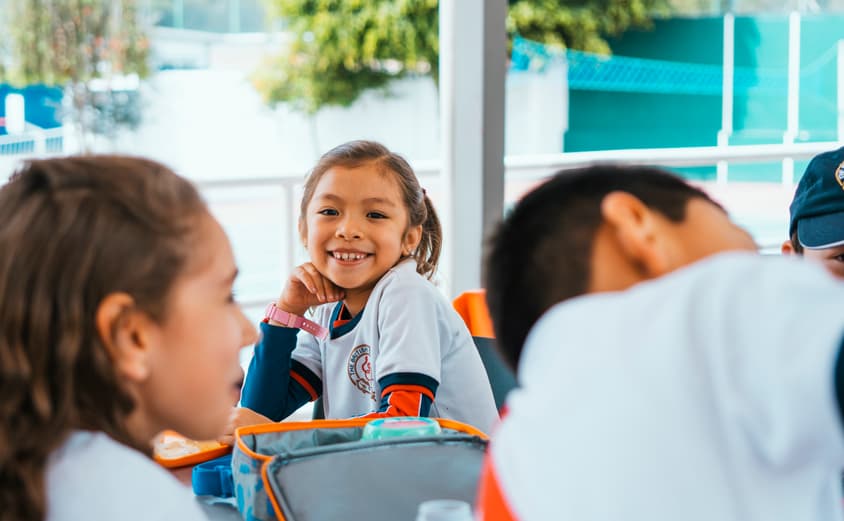
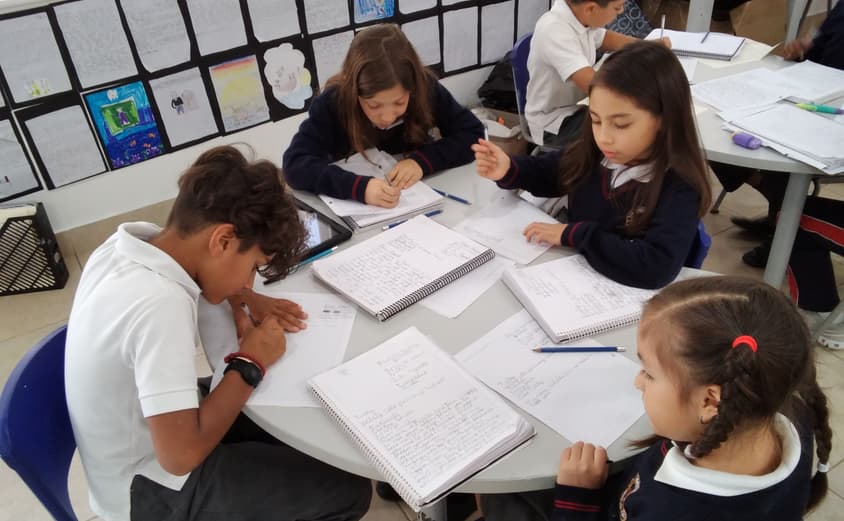

End of Term Events
Journey Through Space!
We are so proud of our Year 1 students who have spent the last term exploring the fascinating world of space! Their curiosity and enthusiasm have truly shone as they learned about planets, stars, and the wonders of the universe.
As a final celebration of their hard work, we invite parents and teachers to an Art Exhibition where our young learners will showcase their creative projects. This will also be a wonderful opportunity for them to use their English Oracy skills to share what they’ve learned with visitors.










Viking Adventure
We dove deep into Viking history, exploring longships, the roles of warriors, traders, and shipbuilders, and even crafting realistic Viking artifacts—including severed heads to ward off enemies (don’t worry, they were fake!).
It was an epic, hands-on experience that brought history to life in the most immersive way!

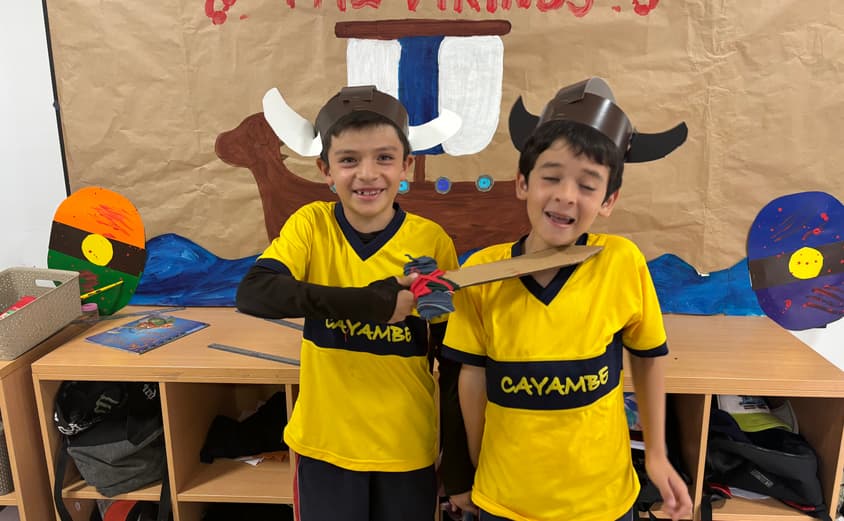
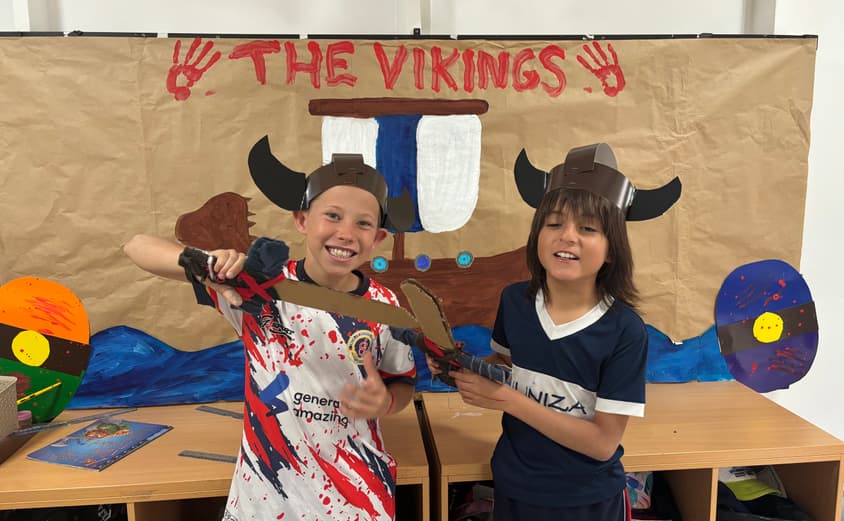
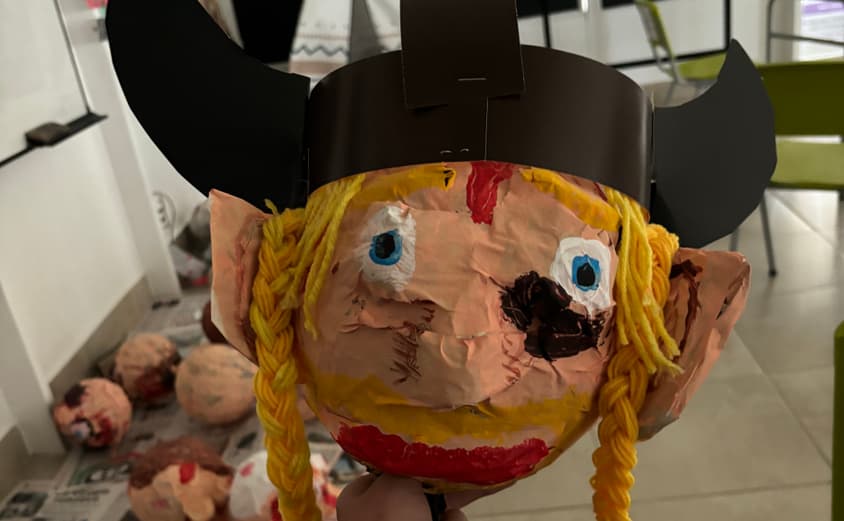




Exploring Ancient Egypt
Our Thematic Curriculum integrates English across subjects like Art, ICT, Food Tech, Drama, and Reading, making learning immersive and exciting!
Year 3 students have been exploring Ancient Egypt and can’t wait to present their projects to parents, showcasing their creativity and communication skills.
